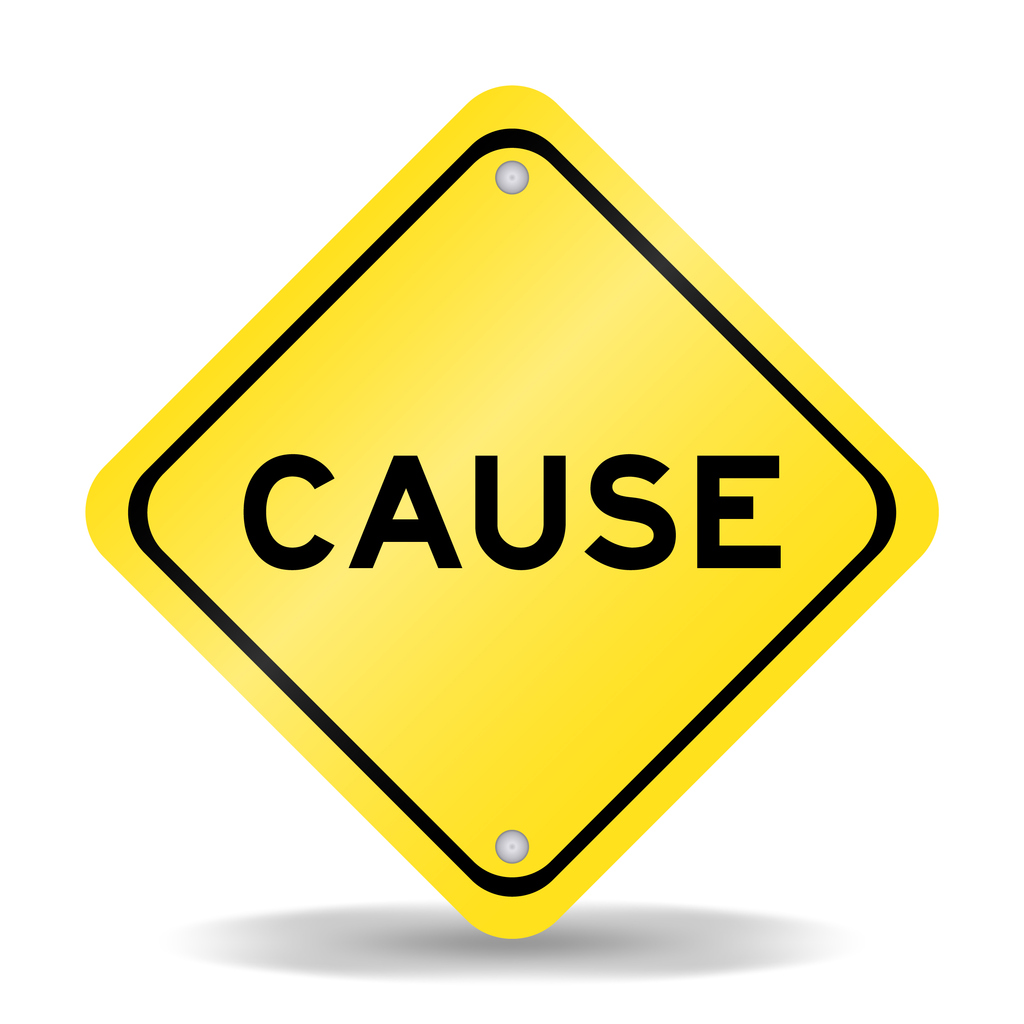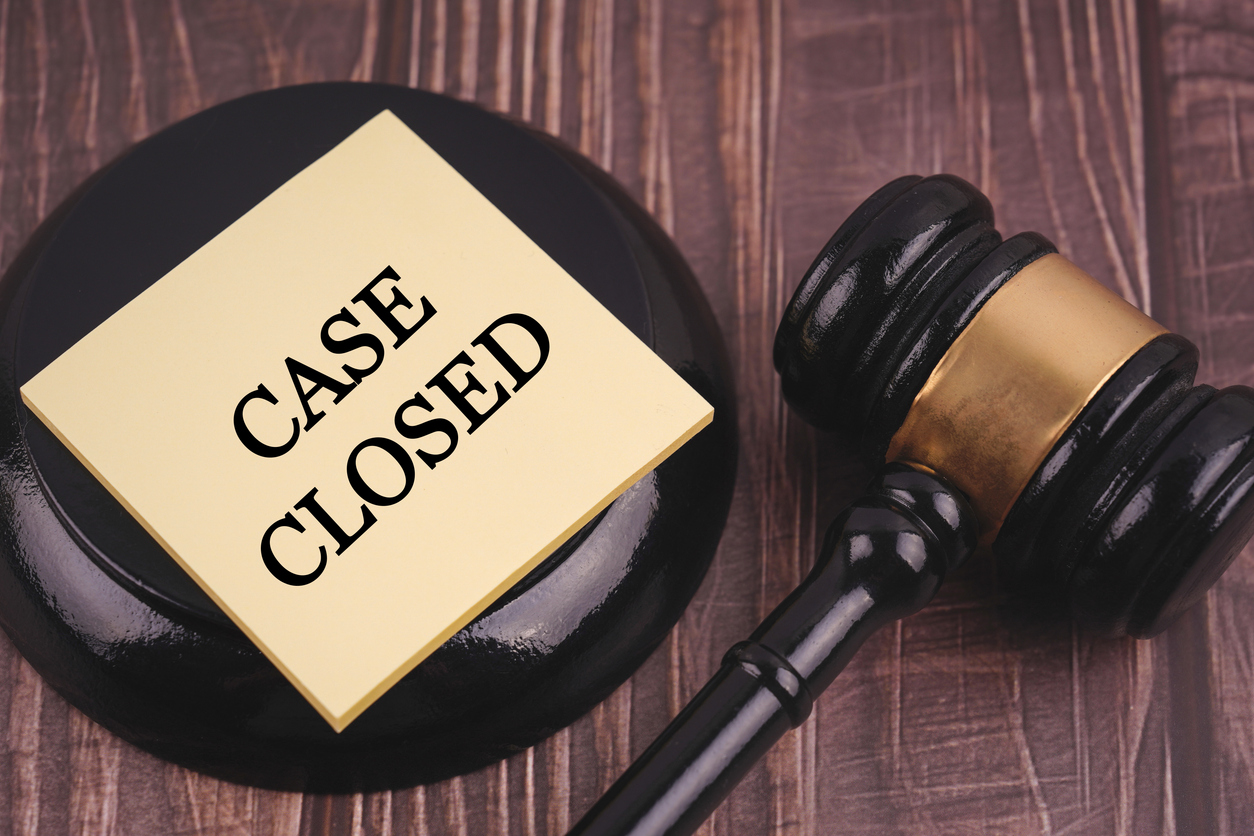I just finished a two day settlement conference of a commercial insurance claim dispute held on the 51st floor of Fulbright & Jaworski in Houston. The view from the conference room was beautiful and in juxtaposition to the manner my client felt the insurance claim was handled. As is becoming customary for many of my cases, the terms of the settlement are confidential. The resolution ended very amicably, although the process was somewhat frustrating. The significant aspect to others is this was a matter whose facts are similar to, and seem repeated in, thousands of other Texas losses, no matter if the loss is small or a complex middle eight figure claim. Insurance claim denials and delays seem commonplace in Texas.
My client is a Hotel and Hospitality Management Company that had eleven hotels damaged from Hurricane Gustav and Ike. I was retained seven months after Hurricane Ike because my client had received no settlement checks despite promises of undisputed damage payments. Those checks arrived just at the time of my retention for a small fraction of the claimed amounts. Many companies would have been out of business if they had to wait seven months for payment.
The management company executives and I will be conducting a critical re-evaluation of the matter from the beginning of the losses through the end settlement discussions—which are also confidential. While I was able to help get this matter resolved in four months, which is faster than most of my engagements, I feel there are a number of important steps that many commercial owners and managers of significant property interests can take which claims executives of insurance companies will appreciate and help avoid the necessity of hiring somebody like me in the first place. If taken, these actions may stop the insane requests for documentation and second guessing by insurance company claims executives who often have never been to the loss site. Needless claims delays are killing many commercial policyholders who need cash money to run their businesses.
Once we conduct this critical path review of the activities and steps of my client, their public adjuster, and the insurance company, we are determined to make it a case study for the Hospitality and Hotel Management Industry. We already have a title in mind:
"What Hotel Managers and Owners Need to Appreciate and Do to Fully and Quickly Recover From Their Property Insurer Following a Loss"
We hope to have this completed over the next several months and have it ready for others to learn from.
I have to credit the insurer for critically reviewing its positions after my retention. Home office claims adjusters with experience and authority can make a huge difference when significant amounts are in dispute. Sometimes, changes of heart can take place once those individuals see the matter from the perspective of their customer.
For me, I wonder how I can get this matter with significant amounts in dispute resolved in just four months and yet cannot move our firm’s other smaller Texas cases with TWIA along much quicker. I even had a client call wondering the same thing. The truth is that I have no answer yet, and most of my legal colleagues don’t either, unless you are willing to take a small percentage of what is being claimed.
As I am flying away from Houston over the mouth of Galveston Bay, I can see to my left the Bolivar Peninsula. It is simply wiped out, as if God scraped most of the structures from existence and the coastal communities that made up Bolivar. It is devastation, and I know many of our Bolivar clients are hurting emotionally as well as financially.
On my right is Galveston. It faired much better, but still has significant damage. There are entire business areas still shuttered and plenty of destruction, although not as severe as Bolivar.
Greater Houston is like a checkerboard of damage. Some areas look like nothing happened, and others still have roofs with blue tarps and boarded structures. Hurricane Ike had many severe bands of weather. My impression is that fate played the major role if one of those bands hit a neighborhood or not, although areas on the "right" side of Hurricane Ike had stronger bands and more damage.
The Hurricane Ike and Gustav litigation is in that typical stage where many insurance counsel are trying to "hide" documents and seek protection of internal file materials which reflect what and why certain claims activities occurred. Every imaginable trick and tactic is being used to prevent disclosure. For example, here is a letter Hartford’s attorneys are trying to get policyholder attorneys to sign:
Dear Counselors:
This letter will confirm our attorneys’ agreement regarding the initial handling of documents produced by Hartford in this case. Under our agreement, Hartford will produce the Policy for the Smiths and the claim file designated "confidential." Plaintiffs and your firm agree to not disclose the documents to anyone outside the above referenced lawsuit or use the documents in any other matters while the parties attempt alternative dispute resoultion. If alternative dispute resolution does not resolve the case, Hartford will then have thirty days to seek a protective order from the Court regarding the produced documents. Plaintiffs and your firm agree to continue to not disclose the documents to anyone outside the above referenced lawsuit or use the documents in any other matters until such time as the Court has ruled on the proposed protective order.
Policyholder attorneys in Texas are a pretty able lot. Maybe the Texas judges will read my blog post from Monday. If they rule on discovery motions in a similar fashion, these cases will move along a lot quicker and without all the problems policyholders have encountered in Mississippi, as Slabbed continues to report.
In the interim, we will keep pushing these cases along as fast and smart as possible. I am certain most policyholders wonder why these insurers are not turning over information and what the companies are afraid it will reveal. The suspicion of most is that their secrets may amount to unfair conduct. I believe insurance company customers are entitled to know the honest reasons why their claim was handled in a certain manner. That honesty does not come without full transparency from the insurer.



